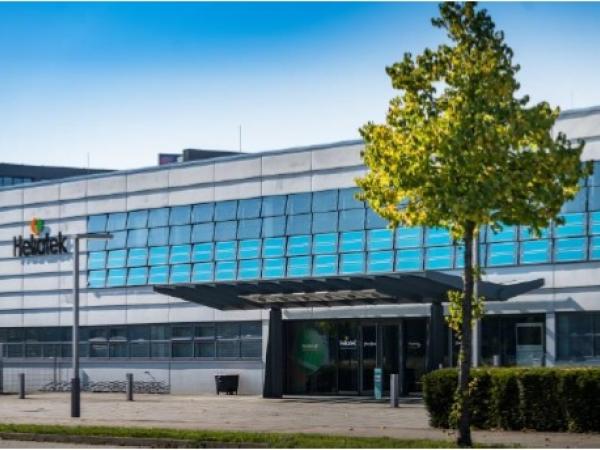
Date: 15 June 2016
The German sub-project is funded by the Federal Ministry of Economics and Energy (BMWi), as part of the Solar-Era.net network of European funding organizations. The consortium consists of ten international companies and research institutes, which cover the whole supply chain.
The transnational consortium covers the value chain from OPV technology, OPV film production, integration on steel and glass substrates, their integration in modular building elements (BEs), implementation of BEs in a building, system design, power management, system monitoring, as well as market knowledge and ultimately distribution channels for the developed smart BIPV building elements.
Heliatek Headquarters in Dresden with HeliaFilm® façade integration
Consortium:
- AGC Glass Europe, Belgium
- AkzoNobel, Netherlands
- ECN, Netherlands
- Heliatek GmbH, Germany
- Heliox, Netherlands
- Hoesch Bausysteme, Germany
- Holst Centre – TNO, Netherlands
- imec, Belgium
- Engie Lab Laborelec, Belgium
- Sapa, Belgium
The PVme project will deliver two types of power producing building elements. One building element (BE) is based on flat steel substrates provided by Hoesch. The OPV films will be integrated into façade elements (curtain walls) by Hoesch Bausysteme. These elements will be completed with a protective coating of AkzoNobel.
The second type of BE is glass based, for which AGC will integrate the flexible Heliatek OPV film into the glass final product ensuring thermal insulation, energy generation and aesthetics. Further inte-gration into the BE will be done by Sapa.
Power converters of Heliox and all other electronic components will be integrated in the BE frame to facilitate quick installation and to ensure robust electrical contacts. These building integrated PV (BIPV) products will be made to comply with the relevant building codes and safety norms. The BEs will be installed on a test facility of Sapa and monitored by Engie Lab Laborelec.
Within the consortium the three Solliance institutes, Holst Centre, imec and ECN, will contribute to process development, system design, correlation of indoor and outdoor data, determination of annual yields and life cycle analysis of the developed building elements. The main innovation of this project is that the building elements will be tested on design, installation and real life conditions with the applied protective coatings.
The project will run for 30 months. Main target is to deliver a plug-and-play solution with steel and glass after two years and to monitor this solution for six months.
The PVme project is coordinated by Solliance partner ECN. For further information on this building integrated PV (BIPV) project, please contact:
Sjoerd Veenstra (project coordinator) / High Tech Campus 21, 5656 AE, Eindhoven, The Netherlands. Tel: +31 88 515 4832; veenstra@ecn.nl.
The German sub-project is funded by the BMWi and part of the European research network Solar-Era.net, funding code: 0325908A.
 600450
600450

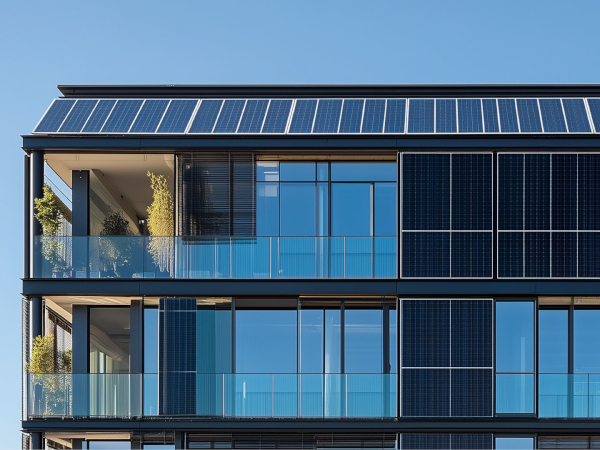
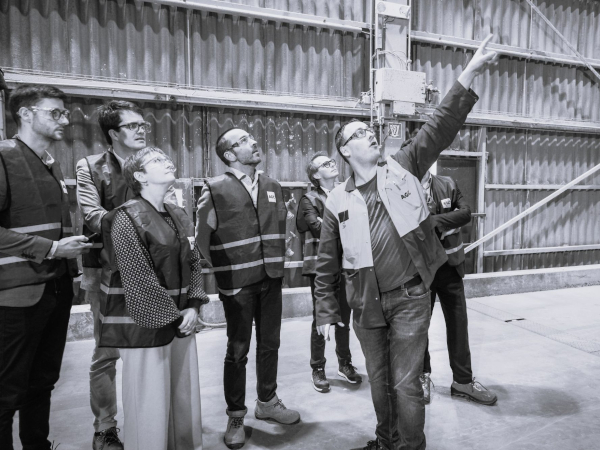
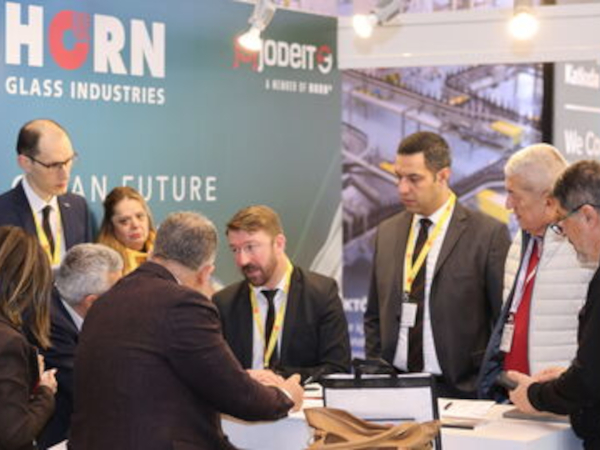

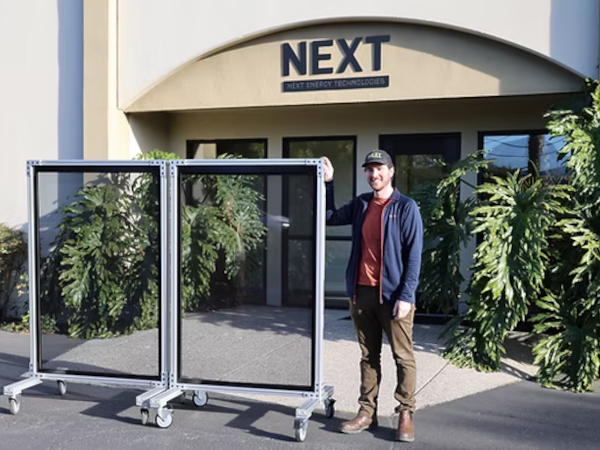





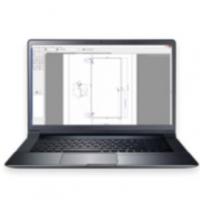
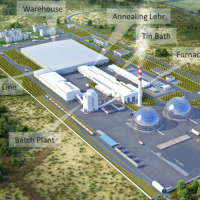
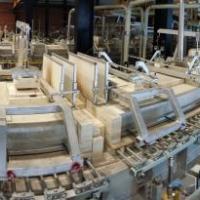
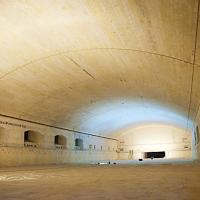


Add new comment